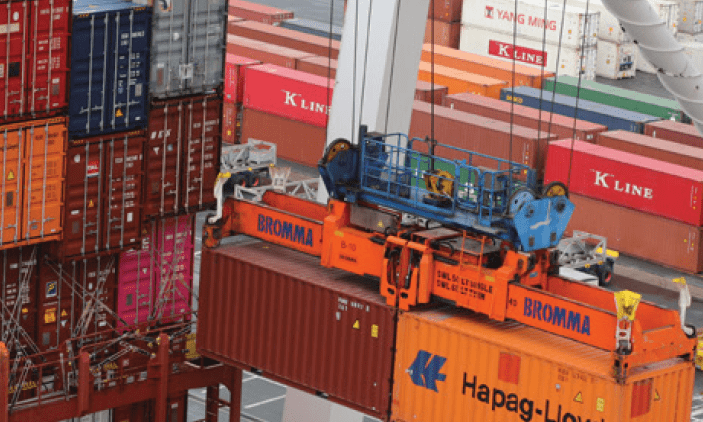The World Trade Organization (WTO) evaluated Mexico‘s various export prohibitions, restrictions and licenses as follows.
Mexico regulates exports of certain products to protect public health, morals, safety and public order; preserve the country’s non-renewable resources and those of historical value; and ensure the supply of consumer commodities and raw materials.
Before a measure to regulate exports is imposed, the Foreign Trade Commission (Cocex) evaluates the studies prepared by the proposing agencies.
Mexico prohibits the export of certain chemicals, drugs and vape devices (41 tariff lines at the 2017 HS 8-digit level), due to safety or public health considerations, or to comply with international conventions.
Mexico also prohibits the export of totoaba, and turtle eggs of any kind (HS 0410.00.01) for environmental conservation reasons.
It also prohibits the export of poppy seeds (HS 1207.91.01) and goods declared archaeological monuments by the Ministry of Public Education (HS 9705.00.05).
Export prohibitions
The trade regime provides for the use of automatic licenses (automatic notices) and non-automatic licenses (prior permits) for exports.
The automatic license is used to keep a statistical record of foreign trade operations, is issued by the Ministry of Economy and may be obtained by any legally established foreign trade operator.
In 2021, 75 tariff lines required an automatic license, mainly to export base metals, some food products and minerals.
Non-automatic export licenses are intended to regulate trade in certain products in order to protect consumers, health and the environment, or to comply with international treaties or conventions to which Mexico is a party.
VUCEM
Non-automatic licenses are required to export the products in question to any destination on an MFN basis, except in cases where licenses are administered under preferential agreements.
Non-automatic licenses are processed through the VUCEM and are generally issued by the Ministry of Economy (SE), although depending on the product other entities may be involved.
For example, to export petroleum products, the SE requests the opinion of the General Directorate of Industrial Transformation of Hydrocarbons (DGTIH) of the Ministry of Energy (Sener) and the Tax Revenue Policy Unit (UPIT) of the Ministry of Finance and Public Credit (SHCP).
Sener may deny the license when the authorization affects public finances, production is insufficient or when, after making an analysis of the energy balance, it concludes that the exports in question jeopardize the internal supply and undermine the country’s energy security conditions, or when the export is contrary to the country’s energy policy.
Tariffs
For the export of iron ores (HS 2601.11.01 and 2601.12.01), the Ministry of Economy coordinates with the General Coordination of Mining; in this case, non-automatic export licenses are granted for a maximum volume of 300,000 tons.
During the period under review, the number of tariff lines with a non-automatic export license requirement increased.
In 2021, 13.54% (1,057 lines) of the total tariff lines that made up the Mexican Tariff were subject to non-automatic export licenses compared to 4.65% (449 lines) in 2016.
The coverage of products for which a non-automatic export license is required also increased: while in 2016 this type of non-automatic licenses was mainly used to regulate the export of chemical products, in 2021, in addition to these products, a license is required for the export of machines and apparatus.
These are, together with chemicals, the main exports currently subject to this type of measure.

